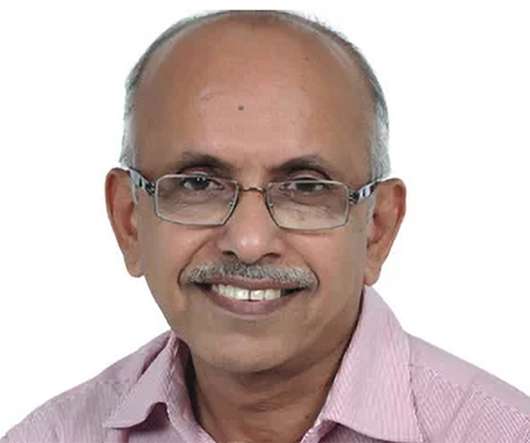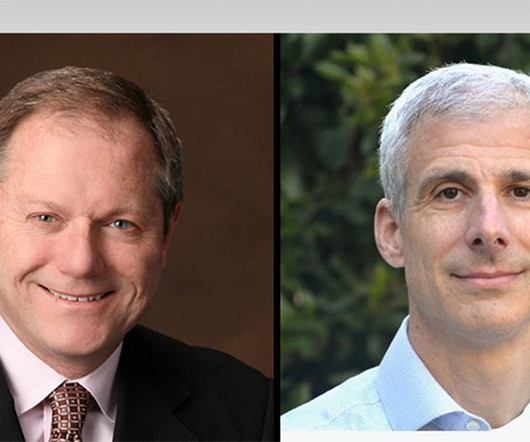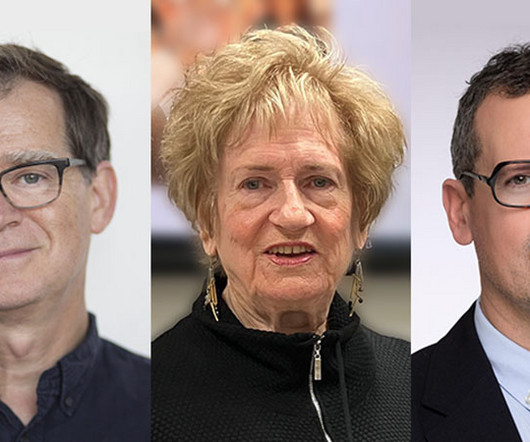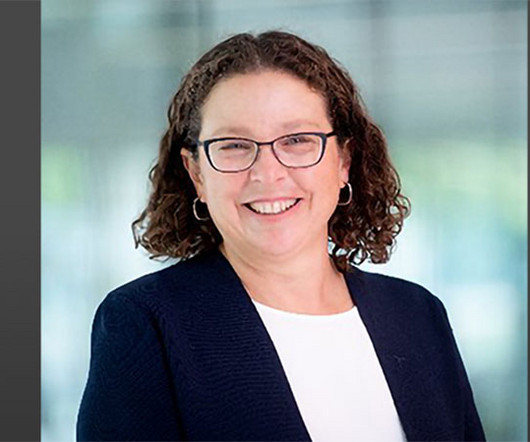Palliative Care in India: M.R. Rajagopal
GeriPal
MAY 12, 2022
In this podcast, we cover a great deal of ground, including: Early challenges Dr. Raj faced in pain management: access to opioids, corruption, a system that doesn’t see addressing suffering as a priority. The reasons are tied to the basically poor healthcare in low and middle income countries. Healthcare industry cannot do it.












Let's personalize your content